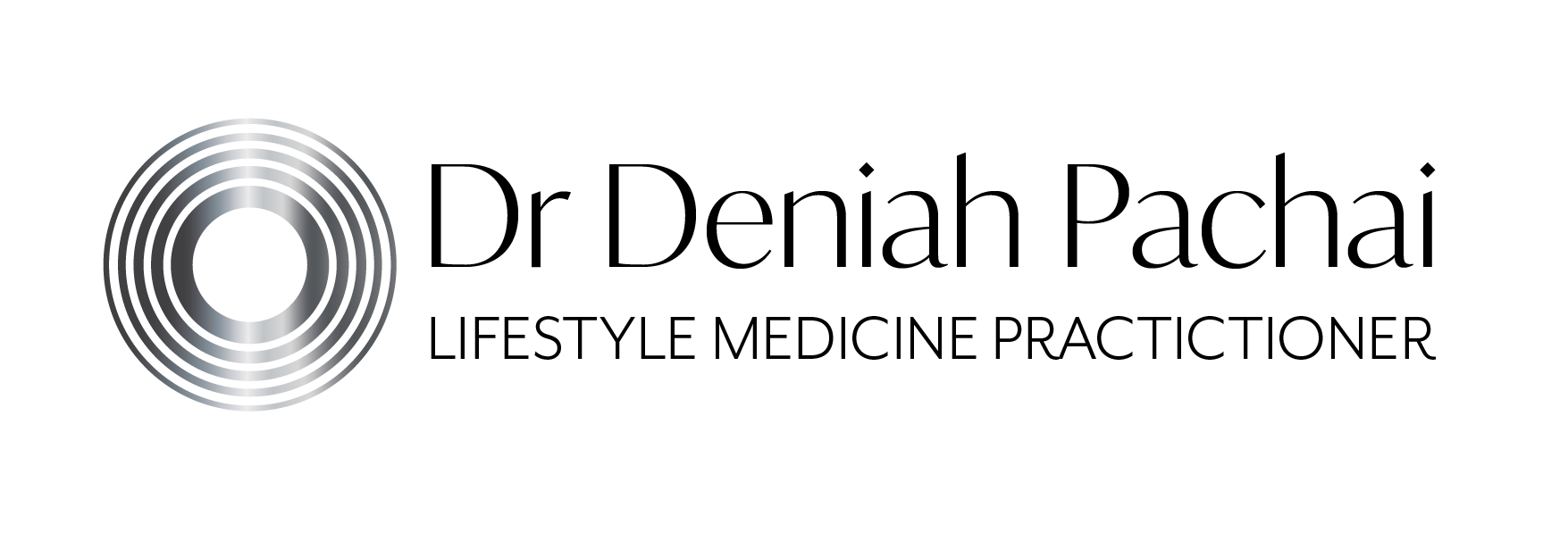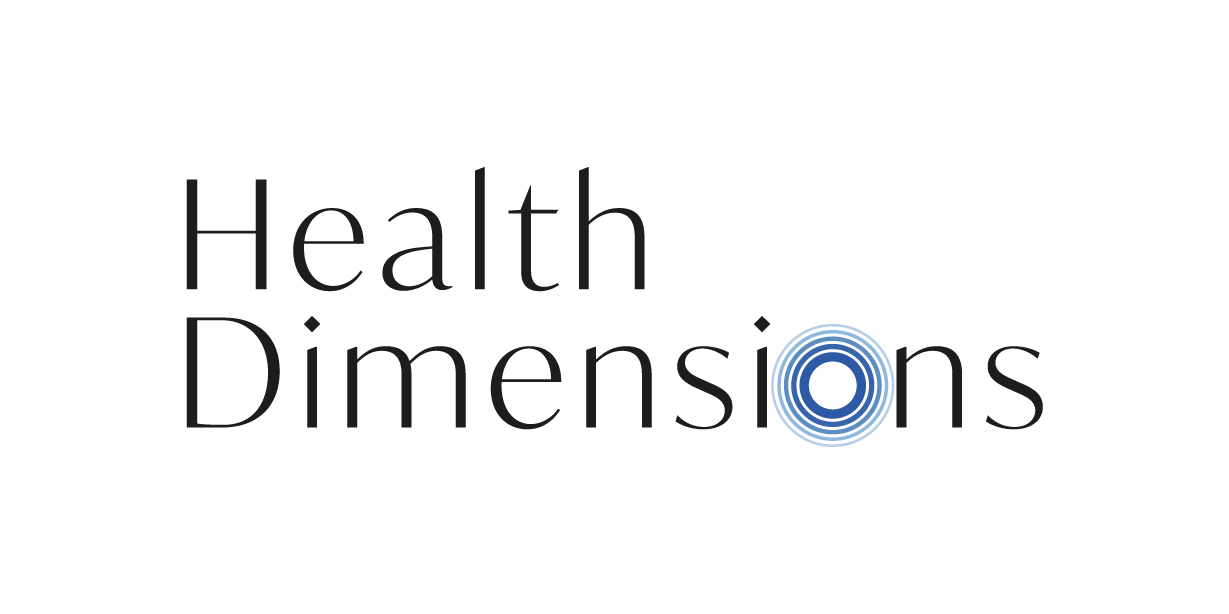
Health Dimensions International considers 7 areas of health as important for wellbeing in the 21st century. In my experience as a Conventional and Integrated health practitioner, these are the areas I would like to bring into focus.
- Physical Health
- Mental Health
- Movement
- Nutrition
- Financial
- Relationship
- Creative Health
Physical Health
It is hard to ignore physical illness that often brings pain and disability. We take measures in our everyday life to avoid pain, disease and disability. Whole industries and organisations are built for the purpose of identifying and treating illness.
When we feel well, it is easier to feel happy, to be kind and compassionate and to achieve our goals. Physical illness is upsetting and distracting. It causes suffering, anger, depression, dependence, disinterest in work and recreational activities and we are then less likely to explore intellectual and creative ideas. This is why throughout the centuries, and even today, there is so much emphasis placed on physical wellbeing.
Primal man had to be physically well, as his survival depended on it. He had to be fit to defend himself and his tribe from the elements and predators, find food and attract a mate to procreate for the survival of the species. We need to do the same thing in 21st century living, although we often don’t view it so grossly.
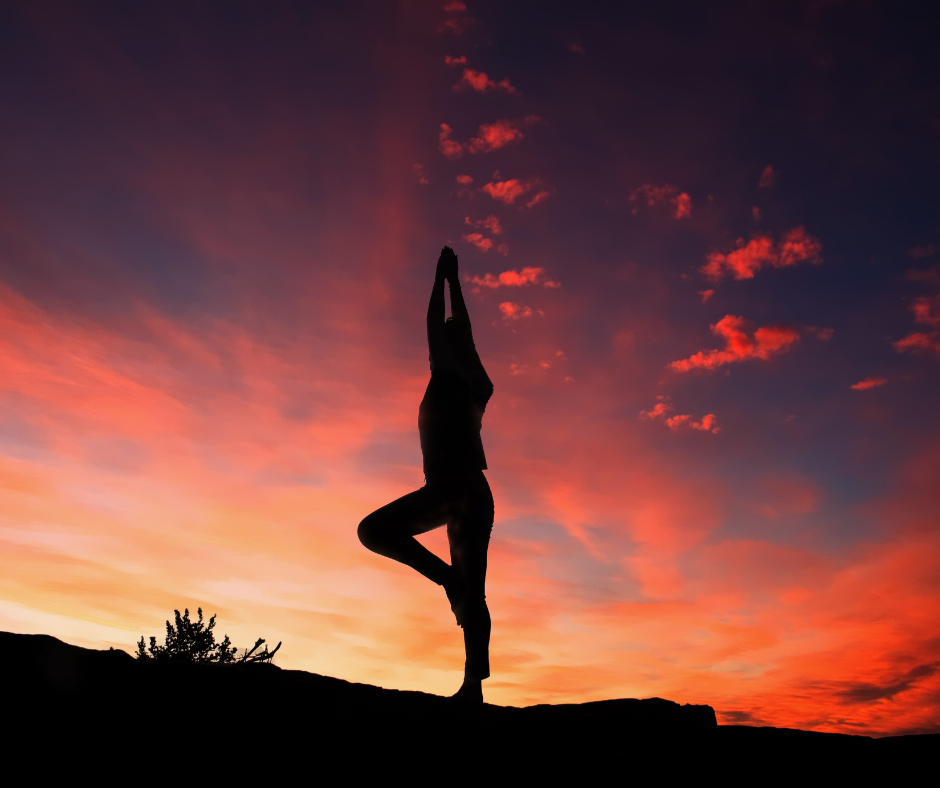
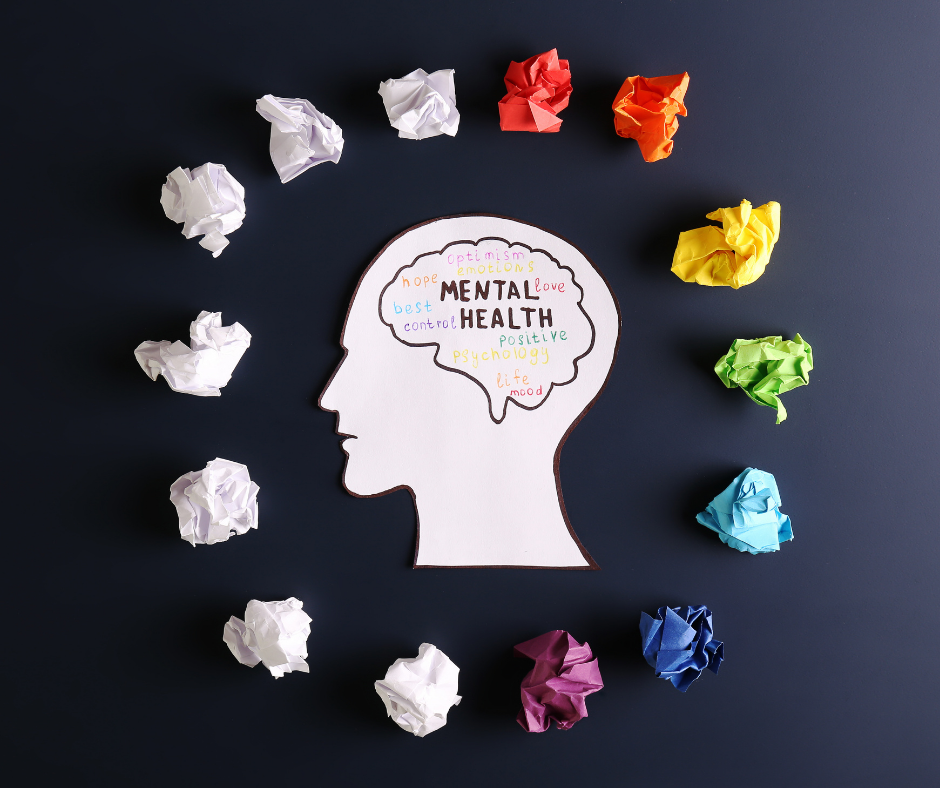
Mental Health
When was the last time you felt calm, joyful, happy and relaxed? We know this is important for wellness and therefore increasing focus has been placed in the last few decades on identifying and treating mental health disorders. Hidden in the past, they have become more recognised in society as a cause of unwellness.
The importance of mental health in the workplace, in healthcare, in children and so many other areas is now under greater scrutiny as more people are faced with stress and the demands of the 21st century lifestyle. We seem to have less time despite having every convenience at our disposal with more sophisticated technology. Communities are more fragmented and people more isolated than ever before. Substance use and misuse is rife.
It is easier to ignore a physical illness than a mental one as feeling low and having negative thoughts or hallucinations can be hidden with enough insight.
When we feel well, it is easier to feel happy, to be kind and compassionate and to achieve our goals. Physical illness is upsetting and distracting. It causes suffering, anger, depression, dependence, disinterest in work and recreational activities and we are then less likely to explore intellectual and creative ideas. This is why throughout the centuries, and even today, there is so much emphasis placed on physical wellbeing.
Primal man had to be physically well, as his survival depended on it. He had to be fit to defend himself and his tribe from the elements and predators, find food and attract a mate to procreate for the survival of the species. We need to do the same thing in 21st century living, although we often don’t view it so grossly.
People often instinctively know when a physical illness is serious and requires intervention by a healthcare professional in a hospital or community setting. In the earlier stages, however, when the disease has not yet manifested, they are not sure and either worry too little or too much. This is where health coaching by a medical professional can help, as they are able to direct a person appropriately towards medical investigations or lifestyle changes.
Movement
‘Movement keeps us moving in life. ‘ Louise Hay
Most people report feeling good after physical activity, whether it be running, cycling, walking or doing movement practices like yoga, tai chi or Lu Jong. This is because the body was designed to move, and not to stay stagnant.
As we become preoccupied with more sedentary activities like sitting at desks for work, watching TV and socialising in bars and restaurants, there is a greater need to remind people to move more to improve health and wellbeing.
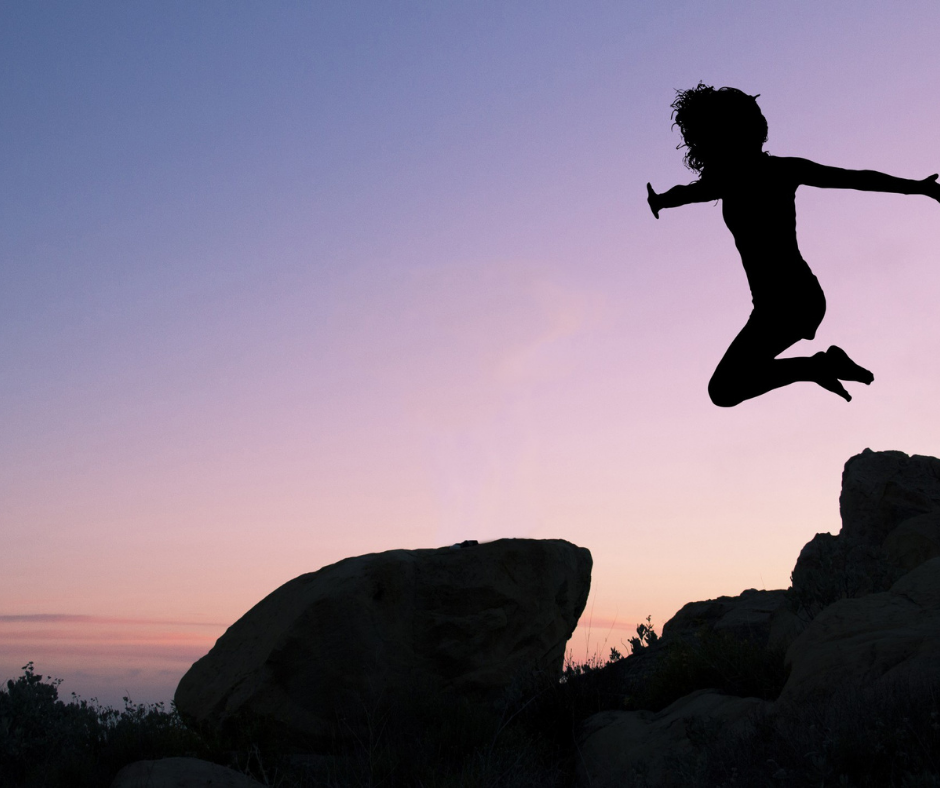

Nutrition
‘You are what you eat’ is a famous saying, and rings true more profoundly than ever before. Food is wonderful. Eating delicious food is one of the great joys of life. It has to be in order for us to survive and thrive. We therefore seek it out daily, often several times a day. Eating is a basic instinct but it is also very social. Mealtimes bring people together and sharing a meal is often an important part of special occasions such as weddings. Food can be a great source of happiness but also distress and disease – not getting enough causes starvation or weight loss, eating too much causes obesity or not wanting to eat in the case of anorexia or children with selective eating patterns or allergies.
We are faced with many challenges when it comes to food in First World countries. Not only is it what to eat for optimal health, but we are increasingly being encouraged to enquire about the source of our food.
Financial Health
‘Wealth is the ability to fully experience life’ Henry David Thoreau
One of the greatest sources of Dis-ease in our lives is not having enough money. Of course we could live without money, but it would not be an easy life.
It helps us to attain the basic requirements for survival in the urban jungle – food and shelter.
It goes beyond this of course. Being financially secure provides freedom of choice, not always as this is limited according to the dictates of society and politics.
From a young age we become aware of the power that money has in it’s ability to provide us with that which we desire. Initially it is sweets and toys, later on clothes and gadgets and eventually education, employment and freedom.
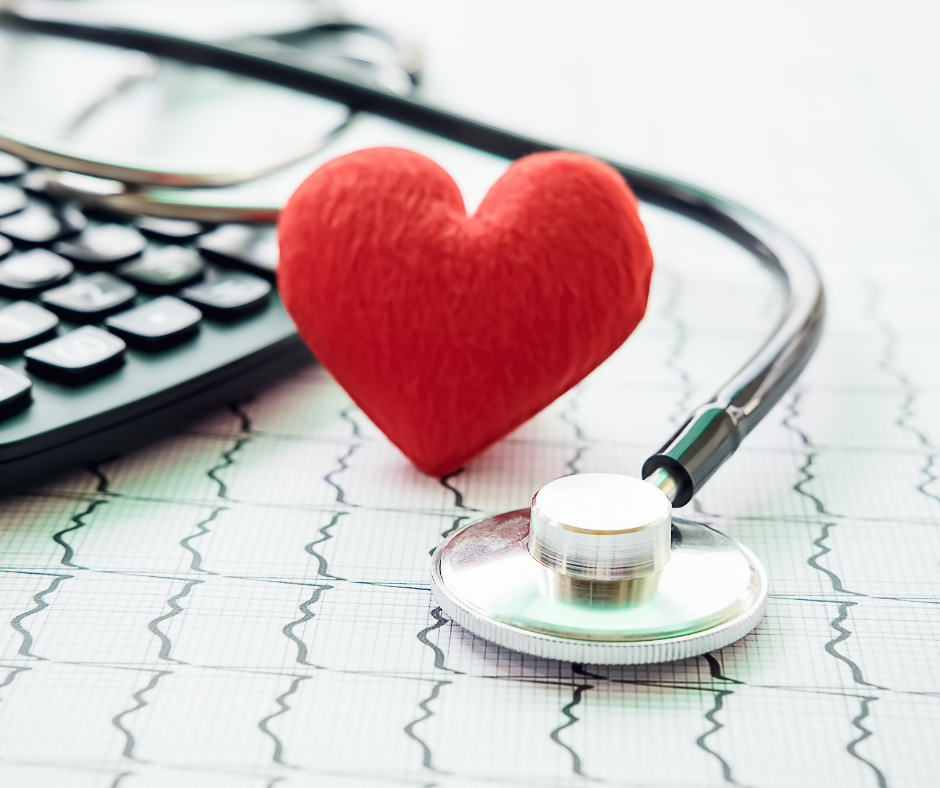
It is one of the main reasons for criminal activity.
We are not at ease when we have bills outstanding or when we are in need of a material object that requires a sum of money in exchange.
‘You must gain control over your money or the lack of it will forever control you’ David Ramsey
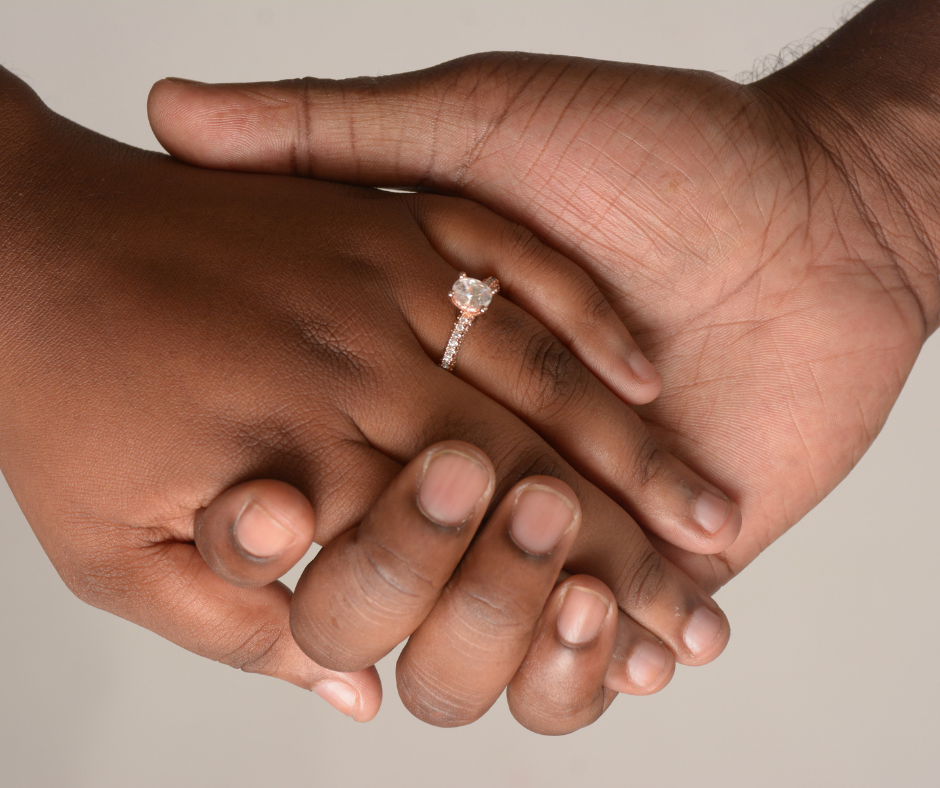
Relationship Health
We are born into relationships and when we die, we leave them. Or do we? That depends on your religious beliefs. One thing is certain though, we have relationships with people throughout our lives – immediate and extended family initially, friendships, neighbours, professional relationships with teachers, lecturers, employers, girfriends, boyfriends, partners, husbands, wives, grandchildren etc, etc.
When some of these are lacking or unhealthy, it can be a great source of distress.
Why do we need good relationships? For Primal Man, staying with the group provided a greater chance of survival. Could this be why we feel a need to conform in society, and our fear when stepping off the beaten track?
When relationships are easy and easy going, we tend to be happier and healthier. Several studies have shown that people who are married or in long term relationships live longer and experience less disease than people who are not.
Yet we do not learn formally about how to have good relationships with people in our lives. Our experience of relationships is often environmental.
Creative Health
Our brains are amazing! The nervous system allows us to assimilate information from our internal and external environment, process it and make conscious or subconscious decisions based on the input. The brain also allows us to innovate and create to enhance our experience of the world.
Our modern world seems to place greater emphasis on left brained activity like logic and reason, and less on the right side, which is creative. We cannot be balanced human beings if we do not feed both sides.
People who thrive on structure often feel out of sorts in an environment that lacks structure, while people who are used to spontaneity can feel unwell if they suddenly have to function within certain confines.
Creative activities could include gardening, artwork, music, theatre and the like.
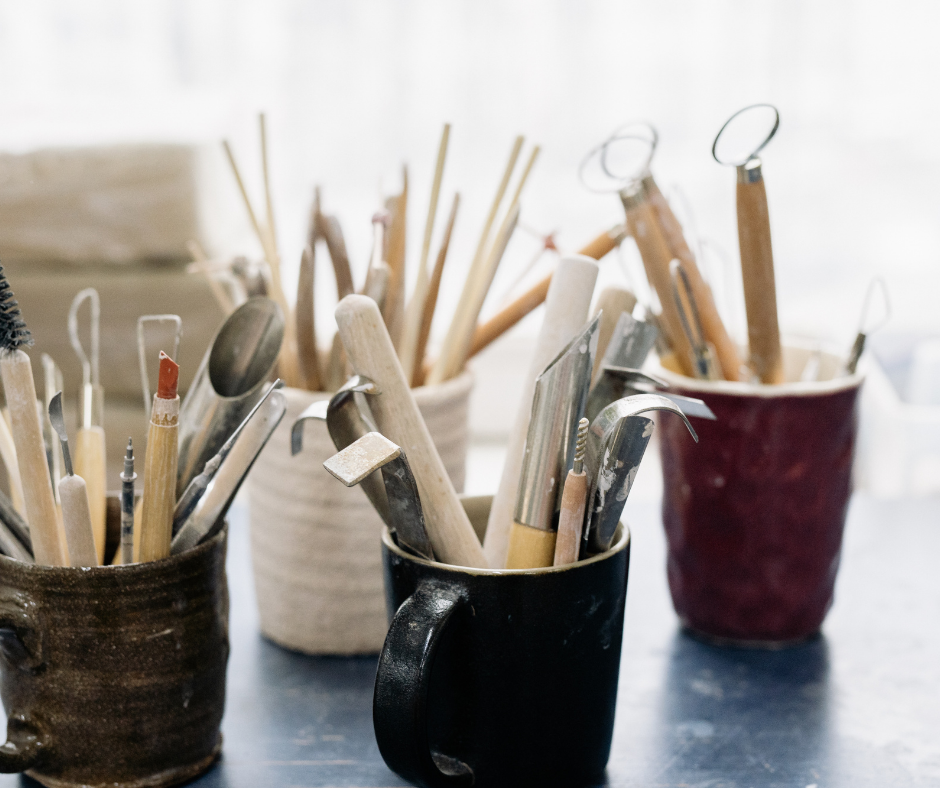
My Services
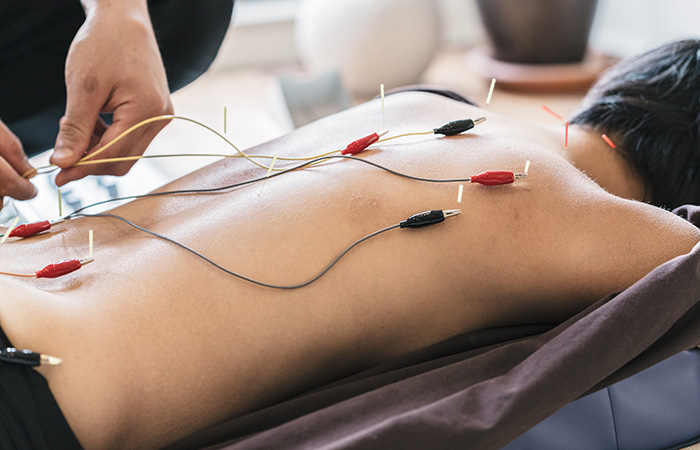
Medical Acupuncture
Acupuncture can be used to treat a variety of medical conditions for which conventional medicine may not have an effective solution.
It worked wonders for me personally with work stress and musculoskeletal symptoms.

Lu Jong
Through the combination of position, movement and breath, Lu Jong opens the channels in the body and mobilises misdirected energy. In this way, the practice of Lu Jong helps to cultivate balance on the physical, mental and energetic levels.

